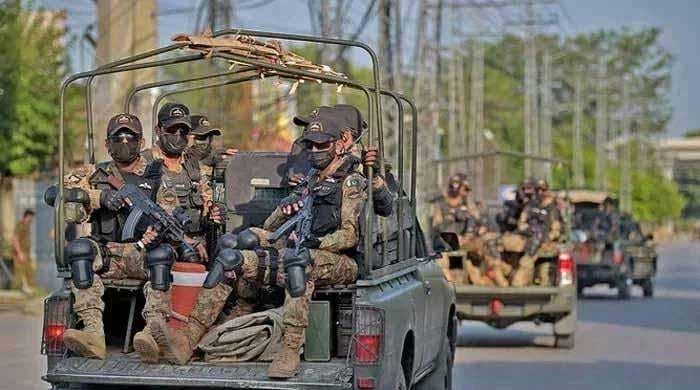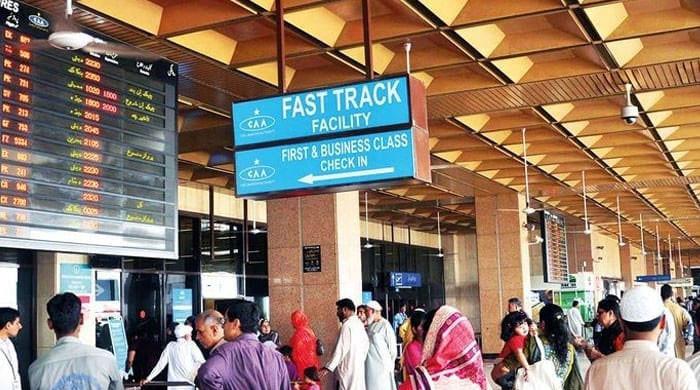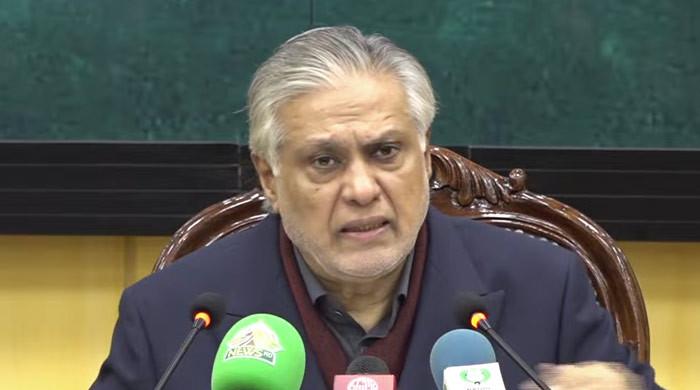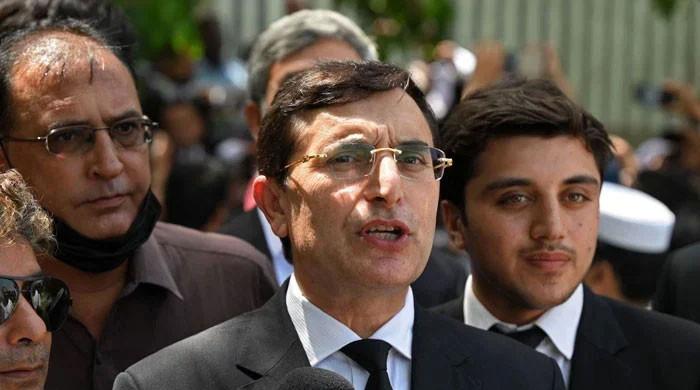Pakistan stated to have ‘gone over the limit’ with death penalty
JPP holds local screening of UN Human Rights Committee review meeting in Geneva
July 12, 2017
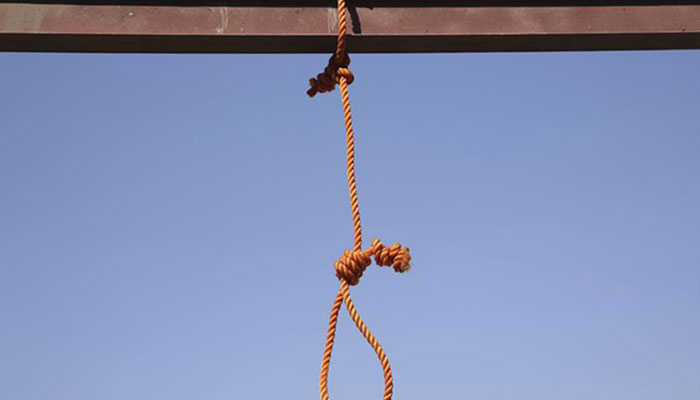
LAHORE: Justice Project Pakistan held a screening on Tuesday to show Pakistan’s first ever review under the International Covenant of Civil and Political Rights (ICCPR) before the UN’s Human Rights Committee in Geneva.
During the review, screened by the JPP at SAFMA centre, the severity and use of the Pakistan’s death penalty was widely questioned.
Yadh Ben Achour, a member of the committee, asked whether the moratorium would be re-established. He added that Pakistan must abide by the penalty minimally and with prudence.
“Although Pakistan justifies its use of the death penalty because of the APS attack in Peshawar, the death penalty is applicable to those committing other 27 death-eligible crimes, many of which are not fatal. All Muslim countries are dealing with terrorism and Pakistan is not an exception. Nevertheless, it must abide by minimum standards.”
The committee also stated that only a small fraction of executions carried out were over terrorism charges. “Pakistan has the right to defend itself against terrorism, but [it] need[s] to apply the death penalty with prudence,” Achour stated.
While Pakistan’s Human Rights Minister Kamran Michael stated that there is some flexibility in the interpretation of the “most serious crimes,” the committee reiterated that Pakistan has “gone over the limit” by issuing death sentences to those convicted of drug trafficking, having sexual relationships outside of marriage, or blasphemy.
It demanded Pakistan to limit its application of the death penalty by ensuring that it remains fully exceptional, is reserved for only the most serious crimes, and is not used to execute minors under the age of 18.
Pakistan has stated that “the death penalty is imposed after due process and in the case of most serious crimes only.” It was also clarified that the death penalty would not be applicable on an individual who was below 18 years of age.
The UN committee called for better implementation of the penalty in Pakistan. It stated that there was a need for judges to be effectively trained and violence by state authorities to be prevented, preferably outlawed.
The committee also questioned why the National Commission on Human Rights chairman was not allowed to attend the review, and why the body had been put under the protection of the Ministry of Human Rights.
The lack of a consular protection policy for Pakistanis on death row abroad was also highlighted by the committee — a cause taken up by the Lahore High Court —, which expressed serious concern about the high number of Pakistanis executed by Saudi Arabia.
JPP Executive Director Sarah Belal urged the government to reform and engage with the civil society which could help them answer impending questions pertaining to the issue at hand.
“The road ahead is long and there is much to be done. We look forward to the Pakistan’s detailed response tomorrow,” said Belal, referring to day two of the committee’s meeting being held today.
Rights activists, along with members of the Punjab Commission on the Status of Women, Family Planning Association of Pakistan and Human Rights Watch attended the session.
In 2010, Pakistan ratified the ICCPR, a multilateral treaty that commits its parties to uphold and respect the right to life for all its citizens.
Following the Peshawar APS attack in December 2014, Pakistan had reverted to being an executing state and had extensively made use of the death penalty, which had been taken up in the issues framed by the Human Rights Council committee.




